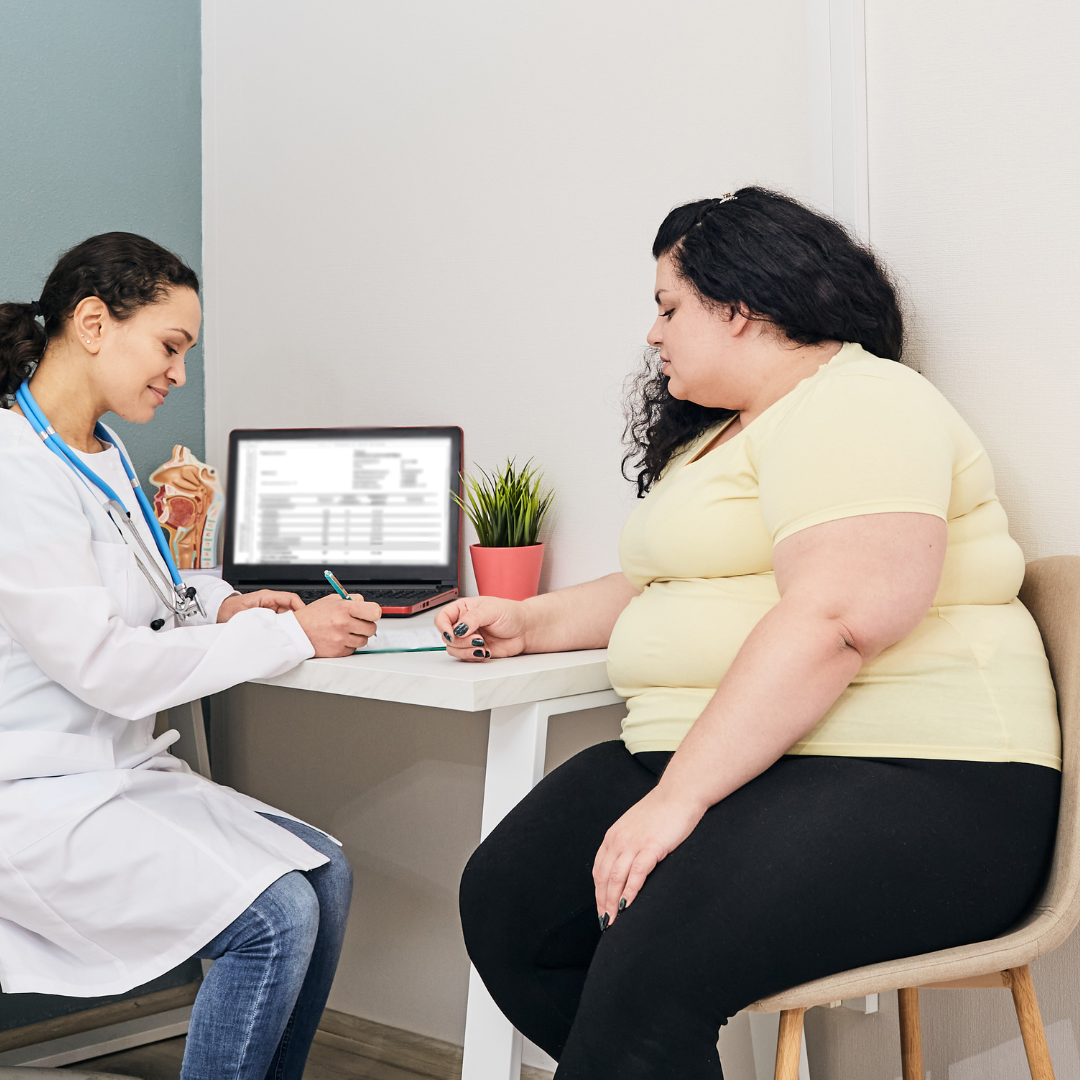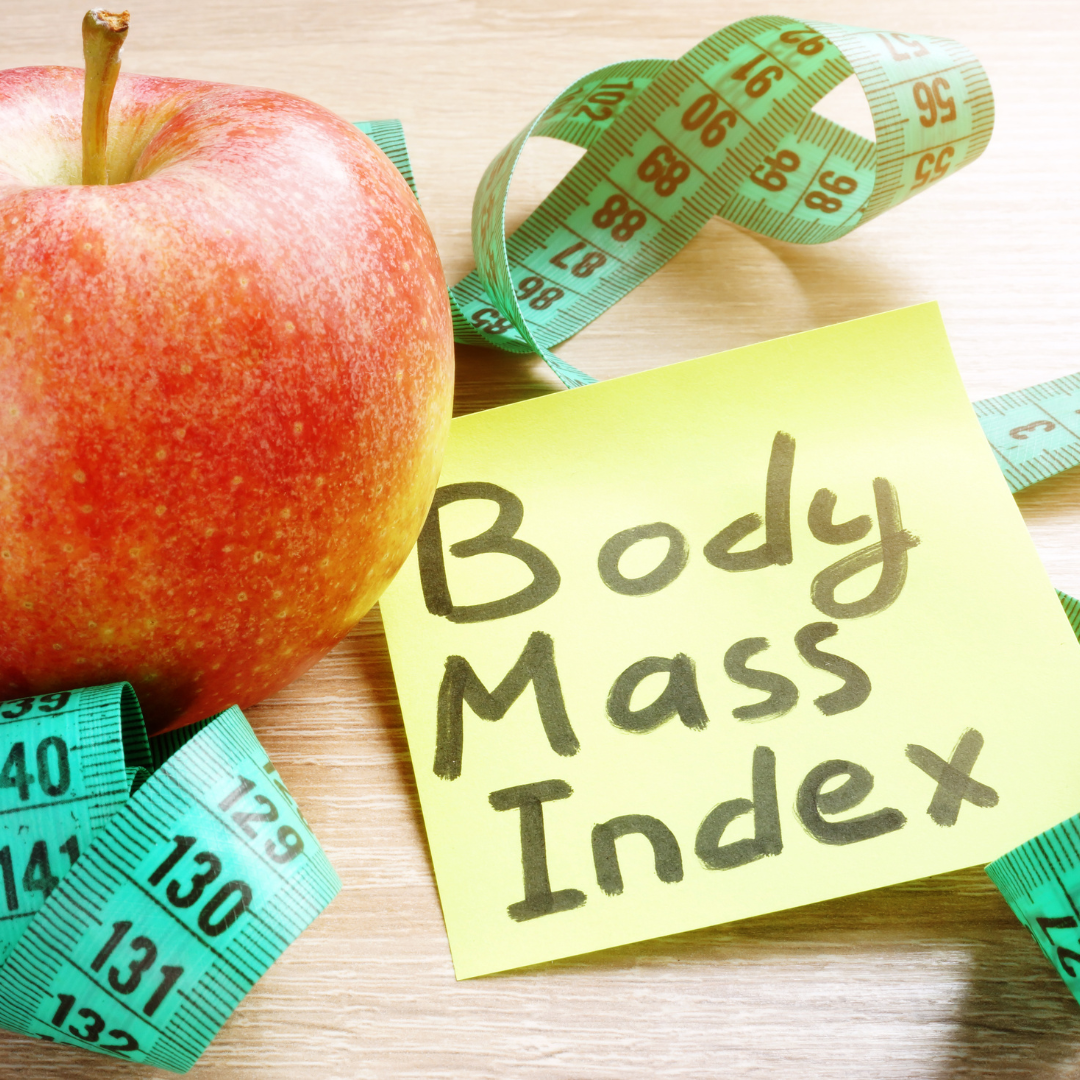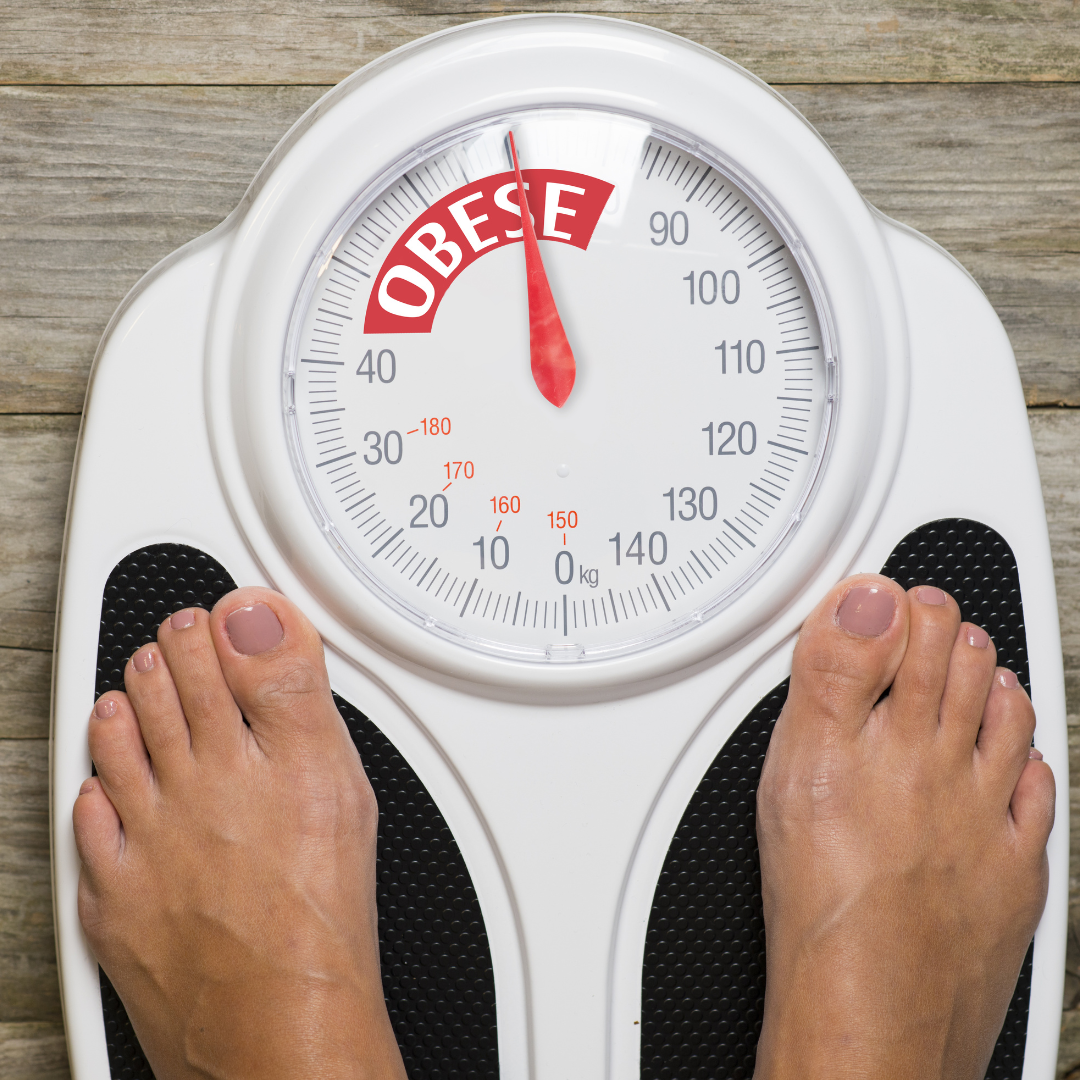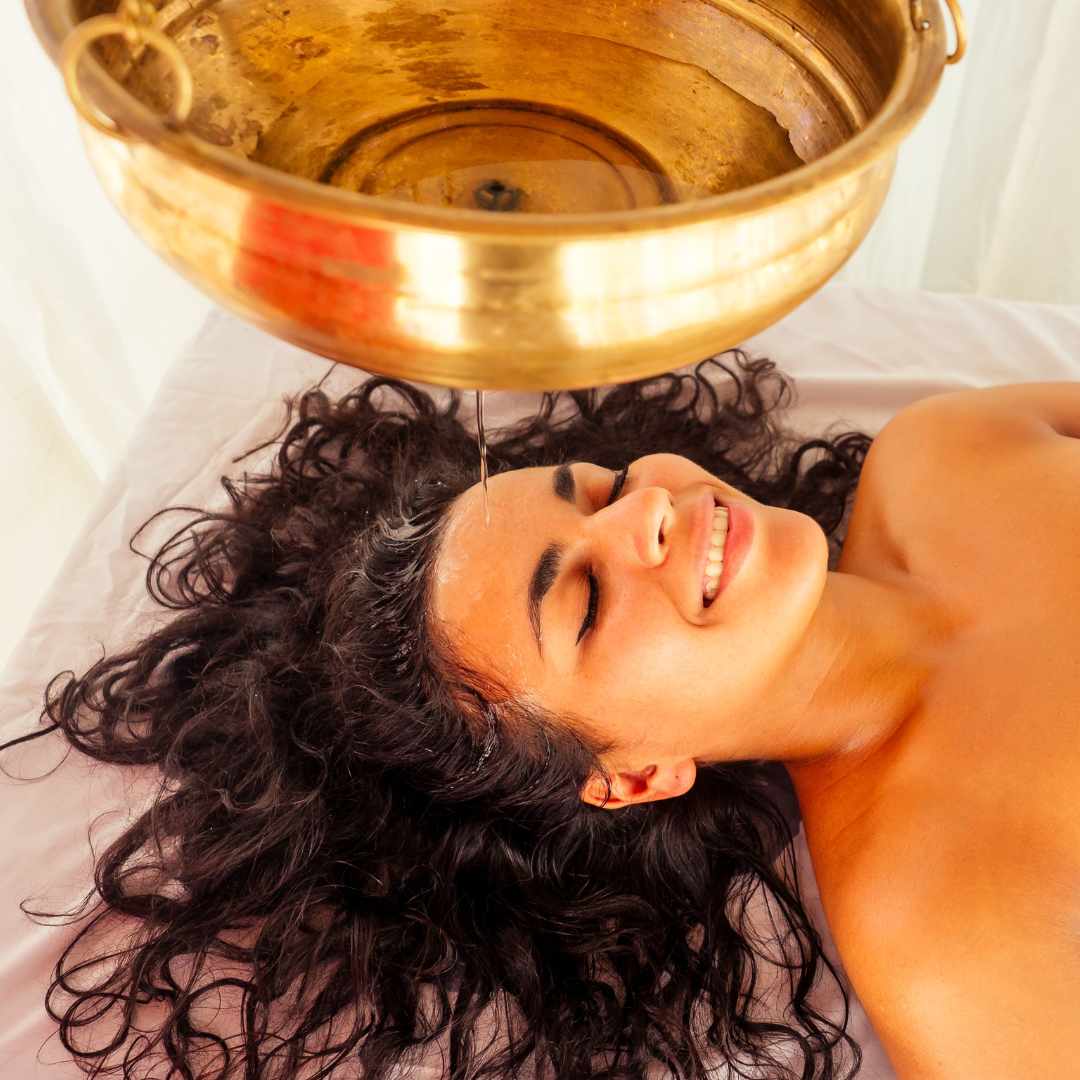Obesity Reversal

Obesity Reversal
In today's fast-paced world, both men and women face unique challenges in maintaining health and wellness. Obesity, a widespread health issue, affects individuals worldwide due to various factors such as hormonal changes, sedentary lifestyles, and unhealthy eating habits. Excessive body fat impacts not only physical appearance but also increases the risk of diabetes, heart disease, and other health complications. Ayurveda, the ancient Indian system of medicine, offers effective and natural solutions to combat obesity and manage related lifestyle diseases by identifying and addressing their root causes.
Root Causes (Nidanas) of Obesity
Obesity is a metabolic disorder typically resulting from an imbalance between energy intake and expenditure. It is particularly prevalent in affluent societies and is often associated with sedentary lifestyles and unhealthy dietary habits. In Ayurveda, the root causes of obesity include:
- Dietary Causes: Excessive consumption of energy-dense foods high in fat and carbohydrates.
- Behavioral Causes: Lack of physical activity, irregular food habits, and excessive daytime sleeping.
- Psychological Causes: Stress, anxiety, and other mental health issues.
- Miscellaneous Causes: Age, sex, genetics, endocrine disorders, medications (e.g., steroids, oral contraceptives), and improper administration of therapeutic measures.
Ayurveda categorizes obesity (Sthaulya) and excess fat tissue (Medovriddhi) as conditions resulting from an imbalance of the doshas, with Medovriddhi being the initial stage that can progress to Sthaulya if left unchecked.

The Ayurvedic Approach: Beyond BMI
Ayurveda emphasizes that each individual's body type (Prakriti) has unique traits, and a healthy Body Mass Index (BMI) range can vary accordingly. Instead of solely relying on BMI, Ayurvedic assessments focus on understanding one's body constitution (Vata, Pitta, Kapha) to develop personalized treatment plans. This holistic approach ensures that treatments are tailored to the specific needs and imbalances of each individual, promoting sustainable and effective weight management.

Root Causes (Nidanas) of Obesity
Obesity is a metabolic disorder typically resulting from an imbalance between energy intake and expenditure. It is particularly prevalent in affluent societies and is often associated with sedentary lifestyles and unhealthy dietary habits. In Ayurveda, the root causes of obesity include:
- Dietary Causes: Excessive consumption of energy-dense foods high in fat and carbohydrates.
- Behavioral Causes: Lack of physical activity, irregular food habits, and excessive daytime sleeping.
- Psychological Causes: Stress, anxiety, and other mental health issues.
- Miscellaneous Causes: Age, sex, genetics, endocrine disorders, medications (e.g., steroids, oral contraceptives), and improper administration of therapeutic measures.
Ayurveda categorizes obesity (Sthaulya) and excess fat tissue (Medovriddhi) as conditions resulting from an imbalance of the doshas, with Medovriddhi being the initial stage that can progress to Sthaulya if left unchecked.

Panchakarma (Shodhan) Therapies at Kiaan Ayurveda
Panchakarma is a cornerstone of Ayurvedic treatment, focusing on detoxification and rejuvenation to balance the doshas and improve overall health. At Kiaan Ayurveda, the following Panchakarma therapies are recommended for managing obesity:
- Vaman (Therapeutic Emesis): Induces vomiting to cleanse the upper digestive tract.
- Virechan (Therapeutic Purgation): Cleanses the lower digestive tract through purgation.
- Lekhan Vasti (Medicated Enema): Administers medicated enemas to cleanse the colon.
These therapies help eliminate toxins (Ama) from the body, reduce excess fat, and restore balance to the doshas.

Palliative (Shamana) Methods of Treatment at Kiaan Ayurveda
Alongside Panchakarma, Kiaan Ayurveda offers palliative treatments to manage obesity through natural and holistic approaches. These include:
- Langhan (Fasting): Controlled fasting to enhance metabolism and burn excess fat.
- Ama Pachan: Use of digestive herbs to improve metabolism and reduce fat.
- Ruksha Udwartan (Dry Medicated Powder Massage): Stimulates circulation and aids in fat reduction.
- Herbal Remedies: Use of single herbs like Guduchi, Vidanga, Musta, Sunthi, Amla, Vaca, and compound formulations like Trikatu, Navak Guggulu, Triphala Guggulu, Vidangadi Churna, Takrarishta, and Arogya Vardhini Vati to manage weight and improve overall health.

Do's
Diet:
- Consume low-fat, low-calorie foods.
- Include high-protein foods to stay fuller for longer.
- Prefer steamed, boiled, or baked vegetables over fried ones.
- Eat frequent small meals to avoid cravings.
- Drink skimmed milk and warm water.
- Incorporate healthy foods like oatmeal, walnuts, salads, bitter gourd, drumstick, barley, wheat, green gram, honey, Indian gooseberry, pomegranate, and skimmed buttermilk.
- Use lemon in diet and drinks.
Physical Activity:
- Engage in mild to moderate exercise according to individual capacity.
- Develop a regular habit of brisk morning walks for at least 30 minutes.
- Practice yoga and meditation to manage stress and promote mental clarity.
Do's and Don'ts (Pathya-Apathya) in Obesity Management
Maintaining a healthy lifestyle is crucial for managing obesity. Kiaan Ayurveda provides the following guidelines:

Don'ts
Diet:
- Avoid high-carbohydrate vegetables like potatoes and rice.
- Limit sugary or sweet products, excessive dairy products, fried and oily foods, fast foods, and excessive salt.
Lifestyle:
- Avoid sedentary habits and excessive sleep.
- Refrain from watching TV while eating.
- Avoid alcohol and smoking.
Kiaan Ayurveda
Online Ayurvedic Consultation
Share

Contact form
Polycystic Ovary Syndrome (PCOD & PCOS)
Polycystic Ovary Syndrome (PCOS), also known as Stein-Leventhal Disease, is a complex condition characterized by multiple cysts in the ovaries. It is an endocrine and reproductive disorder that primarily affects women between the ages of 12 and 55. PCOS is also referred to as sclerocystic ovaries or multicystic ovaries. The condition can range from being asymptomatic to presenting with multiple gynecological, dermatological, or metabolic manifestations.
Symptoms and Diagnosis of PCOS
PCOS is diagnosed based on the presence of any two of the following characteristics as per the ESHRE/ASRM (Rotterdam) consensus (2003):
Causes and Risk Factors
The exact cause of PCOS is multifactorial, involving genetic, environmental, and lifestyle factors:
Long-term and Short-term Effects
Ayurvedic Perspective on PCOS
In Ayurveda, PCOS is seen as a condition resulting from poor metabolism and the accumulation of toxins (ama) due to the depletion of rasa dhatu and Artava. The imbalance of doshas, particularly Kapha and Vata, leads to the formation of cysts in the ovaries.
Ayurvedic Approach to Treating PCOS at Kiaan Ayurveda Clinic
At Kiaan Ayurveda Clinic, we offer comprehensive and personalized Ayurvedic treatments for PCOS that focus on addressing the root causes, restoring hormonal balance, and managing associated symptoms. Our approach includes:
Managing PCOS Symptoms
Ayurvedic treatments at Kiaan Ayurveda Clinic aim to improve the following symptoms associated with PCOS:
Conclusion
PCOS is a prevalent and complex condition that affects many women. At Kiaan Ayurveda Clinic, our holistic approach to treating PCOS involves addressing the underlying causes, restoring hormonal balance, and promoting overall well-being. For personalized advice and treatment, book your session with us today.
Book Your Session
Experience the benefits of personalized Ayurvedic treatments for PCOS at Kiaan Ayurveda Clinic. Our holistic approach ensures long-term health and well-being. To learn more or to book your session, visit our website.

